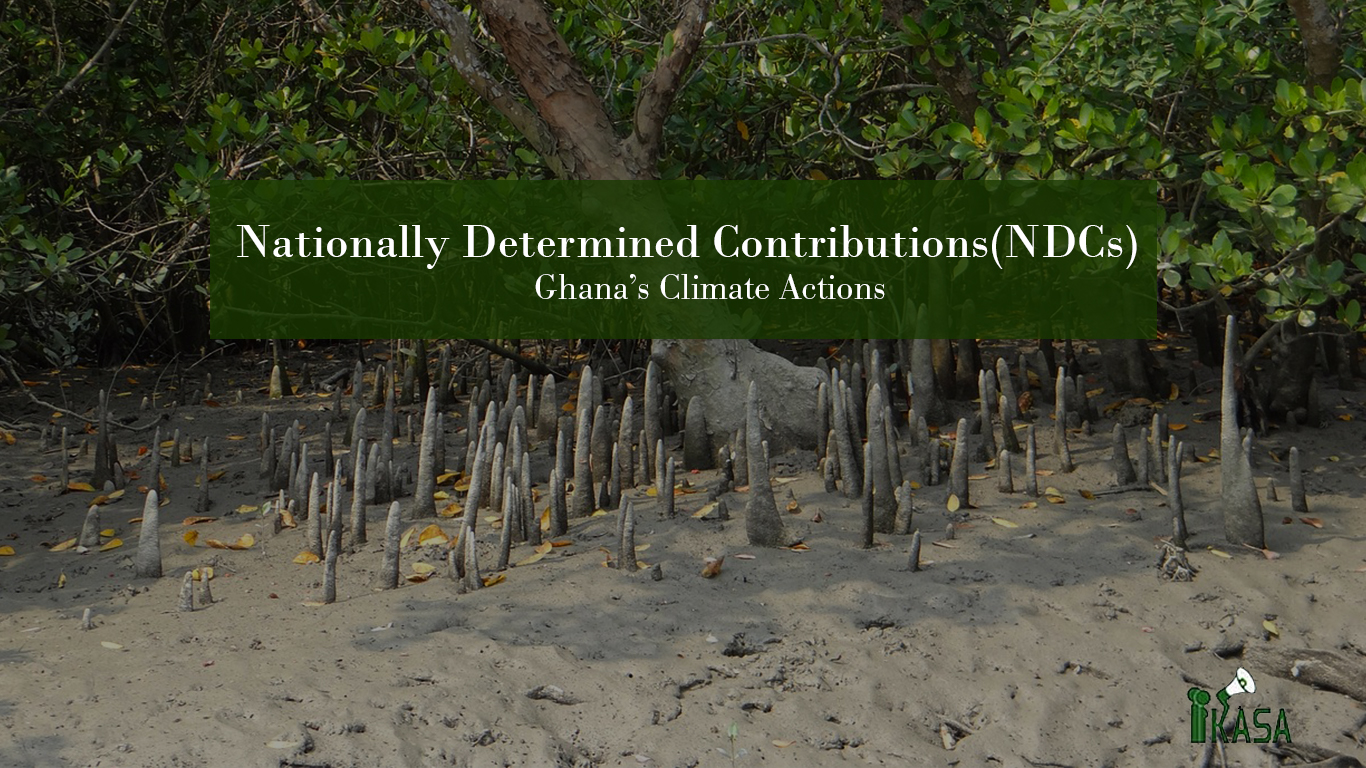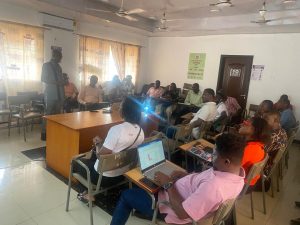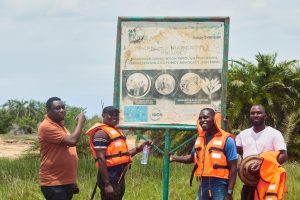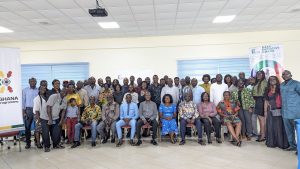Nationally Determined Contributions - What are they?
National determined contributions are climate action plans that countries develop to reduce emissions and adapt to climate change.
194 countries globally have committed to climate mitigation actions such as cutting green Gas emissions. This comes after ratifying the Paris agreement 2015 where world leaders pledged to try and prevent global temperatures rising by more than 1.5C.. The agreement had other commitments such as reducing greenhouse gas emissions from human activities to the same level as tree soil known as Net Zero, setting its own emission-reduction targets, reviewed every five years to raise ambitions and for rich countries to support poorer countries through climate finance.
The plans elaborate short term to long term targets, expected outcomes, ways to measure and monitor progress as well as financing strategies. As per the Paris Agreement, countries are mandated to review the plans every five years of improvement opportunities and to track progress in Implementation. After every cycle, countries are expected to scale up their climate mitigation ambitions as expected factors such as industrialisation grow. NDCs offer a framework for global transparency and monitoring of collective progress towards agreed objectives. The commitments per country are informed by extensive research on most pressing pollutants propelling climate change. Due to the intersectionality of climate change and human actions, mitigation measures largely impact economic and societal factors. The action plans thus should address other pressing issues such as poverty alleviation and alternative income streamers. The Implementation timelines for the current NDCs is 2025 – 2023
Ghana’s overall commitment is to mitigate climate change while promoting sustainable development and adaptation strategies. The country has 19 action plans with each plan expected to have positive social economic impacts and be gender responsive. NDCs are generally implemented to complement other efforts towards achievement of Sustainable Development Goals. Ghana’s actions plans are 1) Sustainable production in Industry, 2) Sustainable production in Industry, 3) Expand the adoption of market based cleaner cooking solutions, 4) Promote sustainable charcoal production, including youth and women entrepreneurs, 5) Promote clean rural households lighting, 6) Promote clean rural households lighting, 7) Decarbonisation of oil and gas production, 8) Adopt alternative urban solid waste management 9)Manage climate-induced and gender-related health risks, 10) City-wide resilient infrastructure planning, 11) Integrated water resources management, 12) Enhance climate services for efficient weather information management, 13) Early warning and disaster risk management, 14)Build resilience and promote livelihood opportunities for the youth and women in climate vulnerable Agriculture landscapes and food systems 15) Enhance climate resilience of women and the vulnerable 16) Promote gender-responsive sustainable forest management 17) Expansion of inter-and-intra-city transportation modes 18) Promotion of energy efficiency in homes, industry and commerce, 19) Refrigeration and Air Conditioning (RAC).. The action plans are a match between adaptation and mitigation depending on the current state. The action plans have been broken down to actionable items and budgeting that cascade down to grassroot level and spearheaded by the Environment Protection agency and the Ministry of Environment, Science, Technology and Innovation.
Communications Advisor






